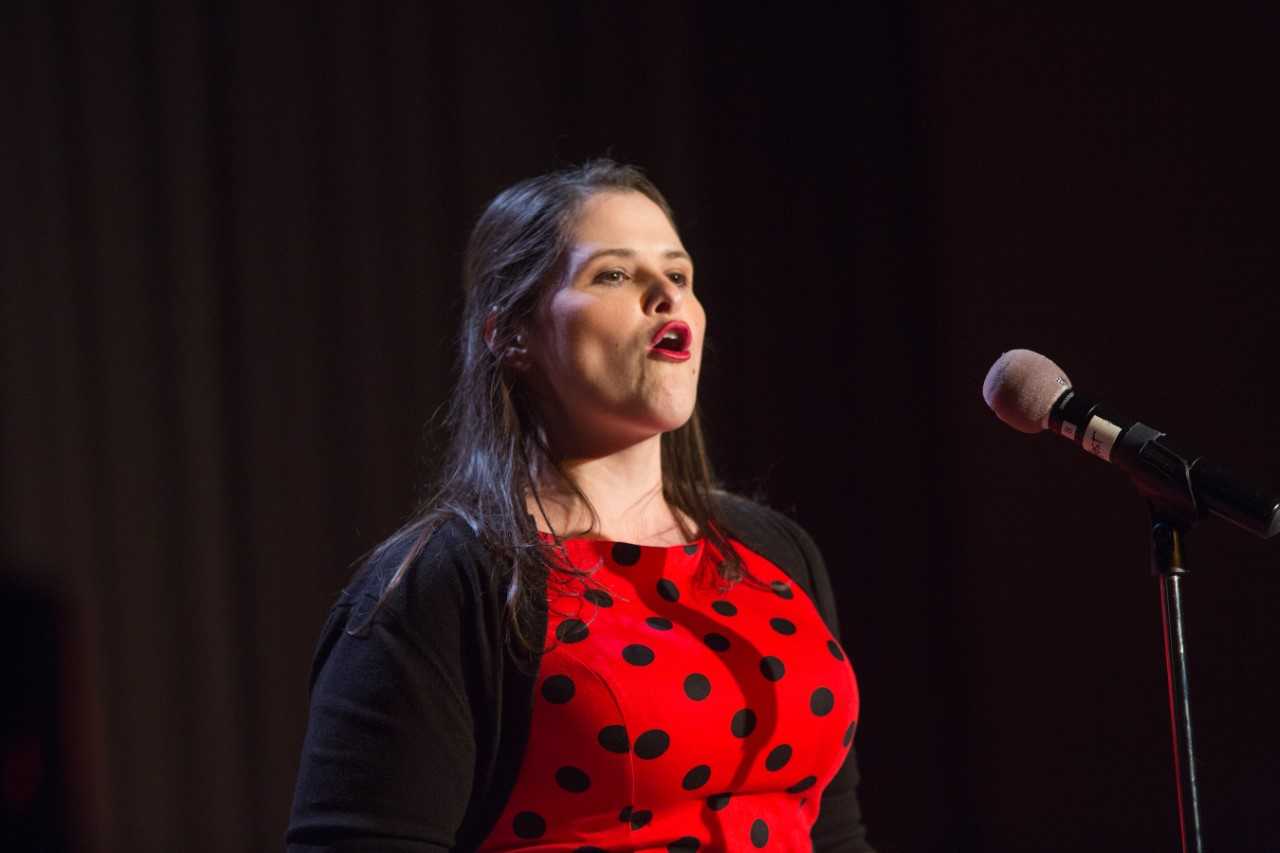
Faith Culhane
Cooke Scholar Faith Culhane knows not to put limits on what she can achieve. After attending Valencia College and receiving our Undergraduate Transfer Scholarship in 2015, Faith is now majoring in medical anthropology and political science at the University of Central Florida (UCF). Additionally, she is a pediatric nurse and legal intern working with the undocumented population in central Florida.
Faith has a talent for powerful spoken word performances. She first discovered her passion for spoken word in community college, and began attending slam competitions while at UCF. This year, she represented the city of Orlando in both the Women of the World Poetry Slam and the National Poetry Slam.
“Pulse Orlando” is a piece that Faith wrote after the tragic shooting in her hometown. Watch her performance below, recorded at our recent Scholars Weekend. Please note: content includes subject matter and strong language that may be upsetting for some audiences.
How do you choose topics for your poetry?
Choosing topics is simple: I write what needs to be said. Most of my work revolves around my late father, abuse, and my past struggles with depression and suicide. But as I’ve found catharsis through my work, I’m inspired more and more to write about issues I observe around me.
Was the creative process different for this piece?
I wrote this poem in the parking lot four days after the Pulse shooting, half an hour before I was featuring onstage at a local event. It was different in that it was an odd mix of celebration and grief. I lost a UCF classmate, seven students from my community college, and members of the undocumented community I served through my internship were also affected. But the way Orlando came together in the aftermath was so beautiful that I couldn’t help but look for a bit of light.
Does performing a certain piece (or performing in general) ever push you out of your comfort zone?
In terms of comfort zone, the Pulse piece is the first time I have ever stood on stage and identified as a member of the LGBTQ+ community. In fact, I had a self-imposed rule that I would never publicize my sexuality due to the potential effects it could have on my job (some of my clients will not allow LGBTQ nurses). I used to say “I can’t be an LGTBQ ambassador,” but after the shooting, that sentiment rang hollow. After all, people died simply for being open enough to dance together. The first time I performed it in Orlando, I requested that no one record it. The second time, it didn’t seem important to mention. By the third time, I was posing for the camera.
How have your goals changed since receiving the Undergraduate Transfer Scholarship? Why would you advise other community college students to apply?
Initially, I planned on becoming a nurse practitioner. But with the scholarship dismantling the barriers of cost, I started imagining what I would do with my life if I had unlimited resources. I love nursing, but every day I fight a losing battle with a broken health care system. I think we community college students are often forced to contextualize goals in terms of survival — rent, food, safety — with world-altering goals an impossibility. But as I examined my options with the UT scholarship, I realized that through law and public policy, I could help fix the systemic inequalities I was helpless to address as a nurse alone.
What keeps you motivated to think big, work hard, and achieve?
My mother. When I was 18, I nearly lost my life in a suicide attempt. As I lay in the ICU, my doctor told her that she needed to accept the fact that I was going to become a statistic. She refused. She wouldn’t let them put me in a box and label me incorrigible. So, I learned not to put myself in a box either. If I think my goals are too lofty, I just remember how inconceivable it was to a neurosurgeon that I could even survive.![]()